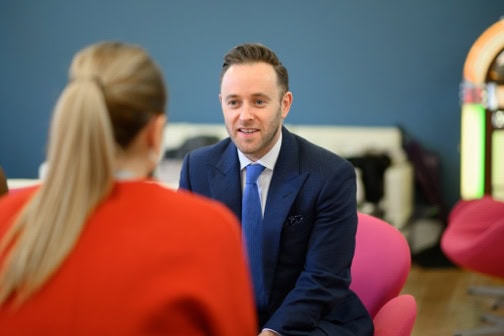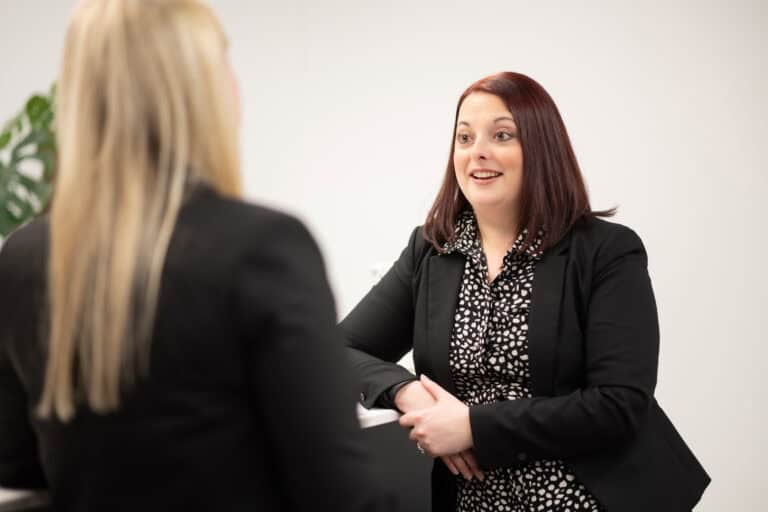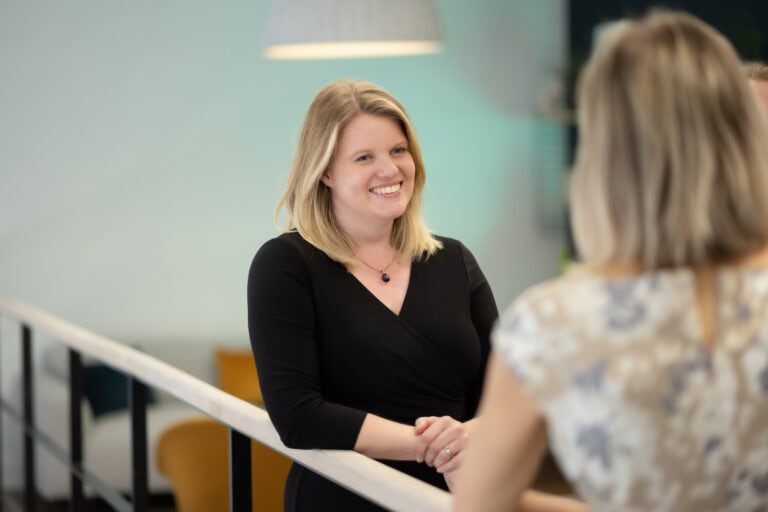An initial chat
Your first contact with us will be a no-obligation, initial chat. You don’t need to have decided whether you want to pursue a claim at this stage, or need to make any decisions during the first conversation.
We’ll listen to your story, what’s happened to you or your loved one, and the impact on you, your family, your lifestyle and your finances. We may ask you some questions so we can get the information we need to understand what’s happened and what seems to have gone wrong.
Taking on your case
We can then tell you whether we can take on your case. Sometimes, we may need to see some documents from you about the case before we make a decision.
This is also a good time for you to decide whether you want to work with us – we pride ourselves on having legal teams who are easy to get in touch with, who communicate clearly and deliver excellent client care.
If you want to instruct us, we’ll let you know the next steps we’d need to take, and the funding options available to you.
Investigating your case
After we open a file for you, we’ll send you a letter outlining the next steps to be taken and enclose a copy of our terms of business. We may need more documents from you and may ask you to sign some forms of authority so we can obtain documents such as medical records on your behalf.
Once we’ve received the documents, we’ll use this information to form our views about the prospects of success in your case. If we can take your case further, we’ll offer you an appropriate funding agreement. If not, we’ll return any paperwork to you and won’t charge you for our work.
Once funding for your case is agreed, we’ll also arrange for you to receive advice about any welfare benefits you might be entitled to. Where possible, we’ll refer you to an independent case manager who can help with your immediate needs of rehabilitation, care and equipment.
Response from the defendant
Next, we’ll prepare a letter to send to the defendant (the person or organisation who we believe is to blame for what happened). This sets out what happened, why we think they are to blame and the impact that this has had on you. We’ll also ask them for any documentation that we need and are entitled to see from them to progress your case.
The defendant will usually have a set time period within which to reply, and confirm whether they accept responsibility for what happened. If they accept responsibility, we can seek an interim payment of compensation immediately.
We’ll need to collect supporting evidence to value your claim so we can get you the compensation you deserve.
Deny or accept responsibility
If the defendant denies being responsible for what happened, they have to say why and provide evidence to support their belief. We may need to obtain more documents and evidence from a wider variety of sources so we can prove the defendant’s wrong-doing. We can then prepare the documents necessary to start court proceedings, setting out your case against the defendant.
After court proceedings are started, the defendant will have to set out their formal response to your case. Your solicitor will then attend a court hearing on your behalf to agree a timeline of what actions have to be taken to get your case ready for trial. This will lead to a trial hearing in front of a judge who ultimately decides who is to blame for what has happened to you.
This is the process we follow, in its simplest form. However, many things can arise which mean you don’t go to trial, and can result in your claim settling earlier through negotiations or settlement meetings. Whatever happens, we’ll keep you informed about the progress made at every stage, and what’ll happen next.











